Interactive Lessons
All of our interactive lessons are made with connections to the Ontario curriculum. Enhance learning with interactive slides, videos, and activities. This is a unique opportunity to explore learning through our local history and our local artifacts!
Environmental Resource Management: A Case Study
Examine the petroleum industry from its humble beginnings in the mid-1800s to the large multi-national industry that operates today within our local communities. In this case study we look at the attitudes of these oil industry pioneers towards the environment, economics and society in the 1800s through the lens of sustainability. After this historical look at the industry we discuss how the industry has evolved over time to what we see today. How have attitudes shifted over time within the industry and outside the industry in regards to the environment, economics, and society in regards to sustainability.
Recommended for Grades 7 to 11.
A Driller's Holiday
Join the Oil Museum of Canada as we explore different winter holiday traditions celebrated by early settlers of the region, such as: putting up a tree in the home, making candles, gift giving, and festive drinks. We also take a closer look at how relatives overseas communicated back home about the holiday traditions they encountered around the world.
Recommended for grades 2 to 4.
Conservation of Energy
We are an energy hungry society with increasing demands for energy to power all our devices and homes. What are the different types of energy that we use and where do those energy resources come from? Examine the difference between renewable and non-renewable energy resources and the methods you can take to conserve energy.
Recommended for Grade 5.
Geology
Have you ever wondered how the rocks beneath your feet are made or how geologists find crude oil? This introduction to geology and earth science examines the rock cycle, stratigraphy, fossil fuels and how many modern products come from mined resources.
Recommended for Grades 4 to 9.
Oil History in Canada
Examine the history of the first commercial oil well in North America. You will learn about the problems that these oil pioneers faced to start this new industry in the wild swamps of Lambton County. Explore the rags to riches stories of the dreamers, scoundrels and innovators as they rush to harvest and process Black Gold.
Recommended for Grades 7 to 8.
Simple Machines
Discover how simple machines can increase force by reducing the amount of effort need to perform work. You can see authentic, real world examples of how simple machines were used in the early oil industry to harvest oil and make the fortunes of the oil barons.
Recommended for grades 2 to 4.
Refining Crude Oil
Look at some of the amazing ways that our Earth produces crude oil and how science and chemistry has revolutionized the way that we use these raw products. See how the process of refining has changed from James Miller Williams days in 1858 to how the modern refineries of Sarnia Lambton process the crude oil into greener fuels used today.
Recommended for grades 7 to 10.
Early Settlers
In this interactive lesson you will explore a day in the life of an early settler in Lambton County. Throughout the lesson we will explore how the landscape and location of Lambton impacted everything from the types of home being built, clothing worn, food eaten and employment opportunities. In addition, we will look at the division of labour between men and women during this time and how it supported the continued growth in this environment. We will finish with an exploration of the methods of transportation with a focus on the mud filled tracks in the Enniskillen Swamp to the hastily built toll-plank roads that transported raw cruse from the oil fields to the ports in Sarnia.
Recommended for grades 2 to 4.
Oil Springs Riot 1863
On March 17, 1863, the Detroit Free Press ran a small story on page three that discussed “a serious riot” occurring between the Black community and the white community in Oil Springs, Canada West. The article explains that rioters ordered Black people away, then “destroyed their property and burned their houses.” This program looks at the primary source evidence related to this incident, sheds new light on the experiences of Black laborers in the oil fields of Oil Springs, and shows that Black people were contributors to the local Oil Springs economy and the development of the early oil industry in Canada.
Recommended for grades 7 to 12.
This exhibit contains historical documents that use racialized language.
Combustion
Learn about the three factors of combustion which include heat, oxygen, and fuel; including the molecular breakdown of incomplete combustion and its final products. We also discuss the three states of matter when related to combustible fuels and how incomplete combustion can result in the reignition of a flame.
Recommended grade 6-9.








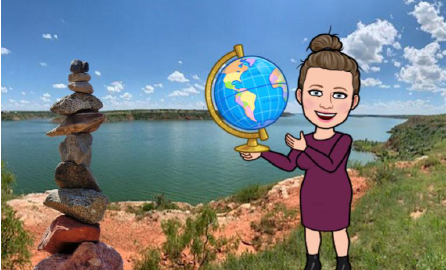

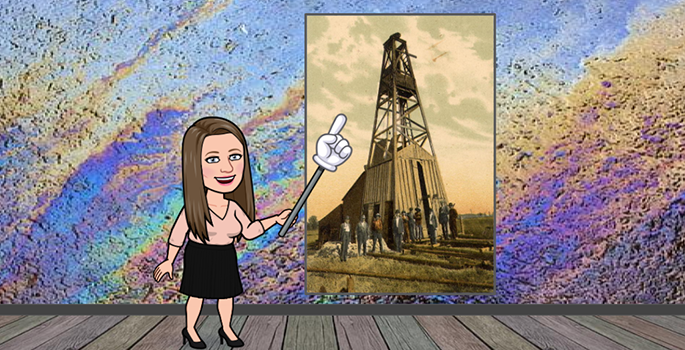



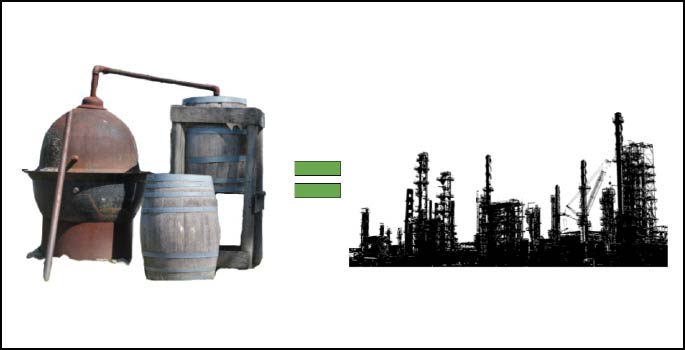
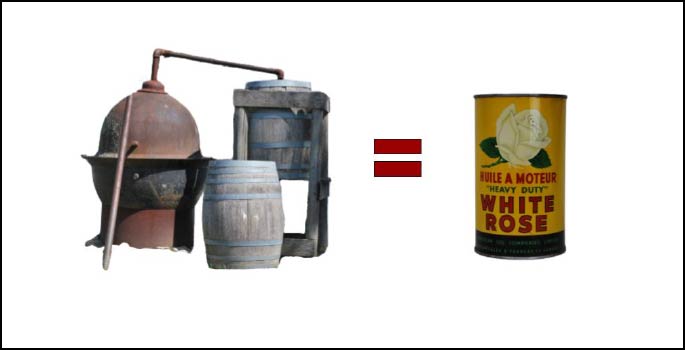
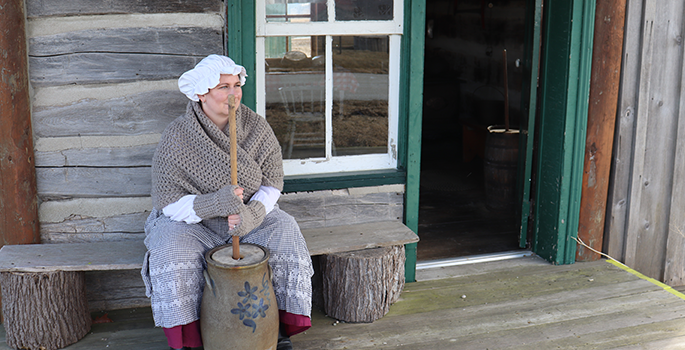
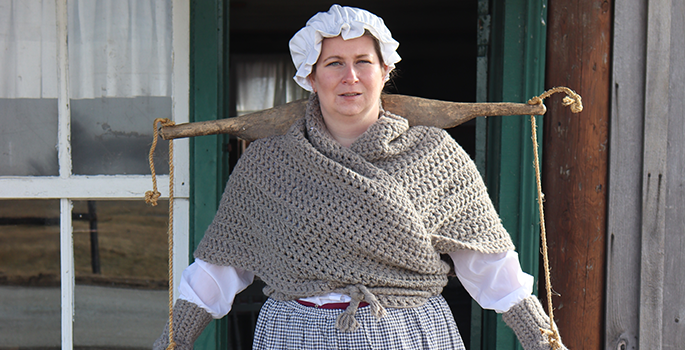



 Subscribe to this page
Subscribe to this page